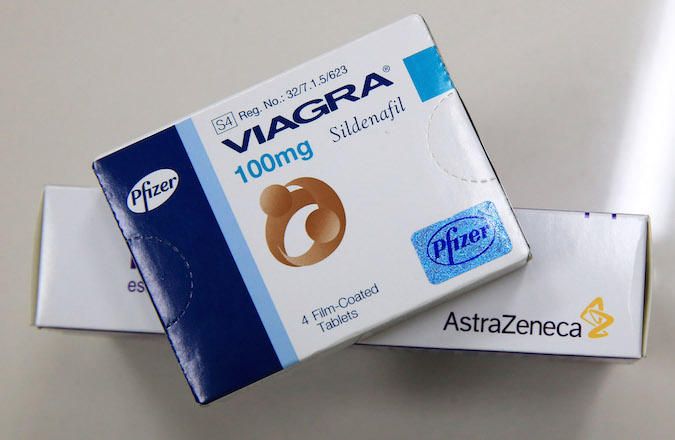This week’s approval by the U.S. Food and Drug Administration of the first-ever drug meant to address female sexual dysfunction came after an intense lobbying campaign by Even the Score, a group of 24 organizations invested in women’s health.
The coalition — credited with helping win federal approval for flibanserin, the female equivalent of Viagra for men — includes Jewish Women International.
On Thursday, after twice rejecting flibanserin, a federal advisory panel voted 18-6 to recommend that the FDA approve the drug, designed to treat hypoactive sexual desire disorder – a condition characterized by a lack of desire for sexual activity. The FDA now faces an August 18 deadline for final approval of the drug.
Below is JWI CEO Lori Weinstein’s statement at the FDA hearing on Thursday:
I want to thank the FDA for the opportunity to speak today on behalf of the 75,000 members of Jewish Women International to share our belief that female sexual dysfunction has been overlooked for far too long. JWI is an organization dedicated to empowering women and girls. In fact, until recently, I would say that we address the two most important issues that keep women from having full gender parity – physical and sexual violence and income inequality. But the apparent insistence that female sexual dysfunction has neither a place nor remedy on the same shelf as male dysfunction reminds us that there is yet another arena where women are voiceless. For our members who advocate for parity in health, wellness, safety and security – we see the disparity in the drug development, approval process and post approval proliferation when it comes to drugs that treat sexual dysfunction. To date that count is 26 to 0.
Flibanserin has been studied in over 11,000 women for a common condition, Hypoactive Sexual Desire Disorder. The data package is one of the largest ever submitted, 10 to 15 times the average for all drugs winning FDA approval. It has consistently met its endpoints in its pivotal trials. Simply put, women in the trials found the drug to increase their desire, decrease their distress, and bolster the number of satisfying sexual events. Minimal side effects, but results that clearly indicate the potential to restore self esteem and rejuvenate a deteriorated sexual relationship with an intimate partner. Happy couples undergird happy family.
Importantly, the drug has shown to have a modest but significant improvement with minimal side effects. As with other drugs, the doctors that prescribe them and the patients who take them, we surely can trust pre-menopausal women with HSDD, and the health practitioners who advise them, to decide if this is in fact the right medication for them. For those for whom Flibanserin doesn’t work, we need to give women and their doctors the credit that they will terminate use.
JWI as a women’s organization, is deeply concerned about healthy women, quality marriages and thriving families. Flibanserin if approved will go a long way to restoring self esteem, healthy sex and loving relationships that have been undermined by hypoactive sexual desire disorder. We believe the science is there for approval of the drug Flibanserin. Approval in turn provides an important step towards opening a pipeline of investment, research, and discovery to fortify the availability of new and effective treatments for HSSD for both pre and post menopausal women. If not approved we fear the pipeline of drug development for what FDA recognizes is an unmet medical need – will go dry.
Again I am most grateful for the opportunity to address this join meeting today.
JTA has documented Jewish history in real-time for over a century. Keep our journalism strong by joining us in supporting independent, award-winning reporting.






